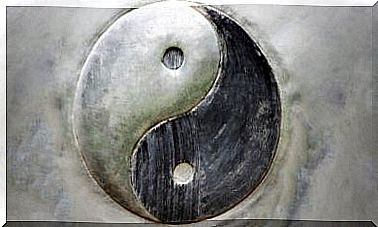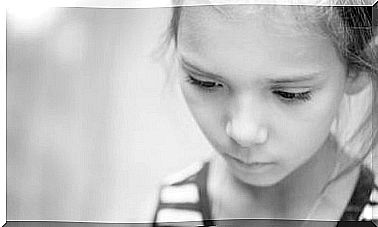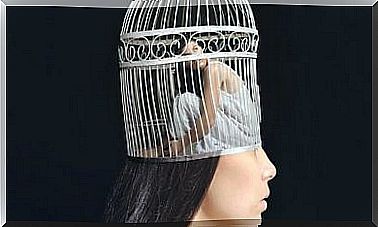Psychological Entropy: How Much Uncertainty Can You Tolerate?

Psychological entropy is a concept adopted from thermodynamics that symbolizes an interesting metaphor to ponder. It refers to that level of uncertainty that surrounds us and that somehow tends to mess up or bring a certain chaos to our lives. Knowing how to adapt or handle that degree of disorder is almost an obligation today.
Let’s admit it, if there are a series of terms that have been with us lately, they are, for example, “uncertain times”, “job uncertainty”, “uncertain future” … Far from getting used to it, we process this set of words with marked anguish and relative frustration. The brain does not like uncertainty, it needs certainties and a good sense of control.
However, there we have the chaos theory, that law enunciated by James Yorke that reminds us that in our reality, there is always a space for chance or the unpredictable and that, even assuming great control over each variable of life, it is impossible to predict what may happen tomorrow. Therefore, we are almost forced to ask ourselves the following question: how much uncertainty can we accept?
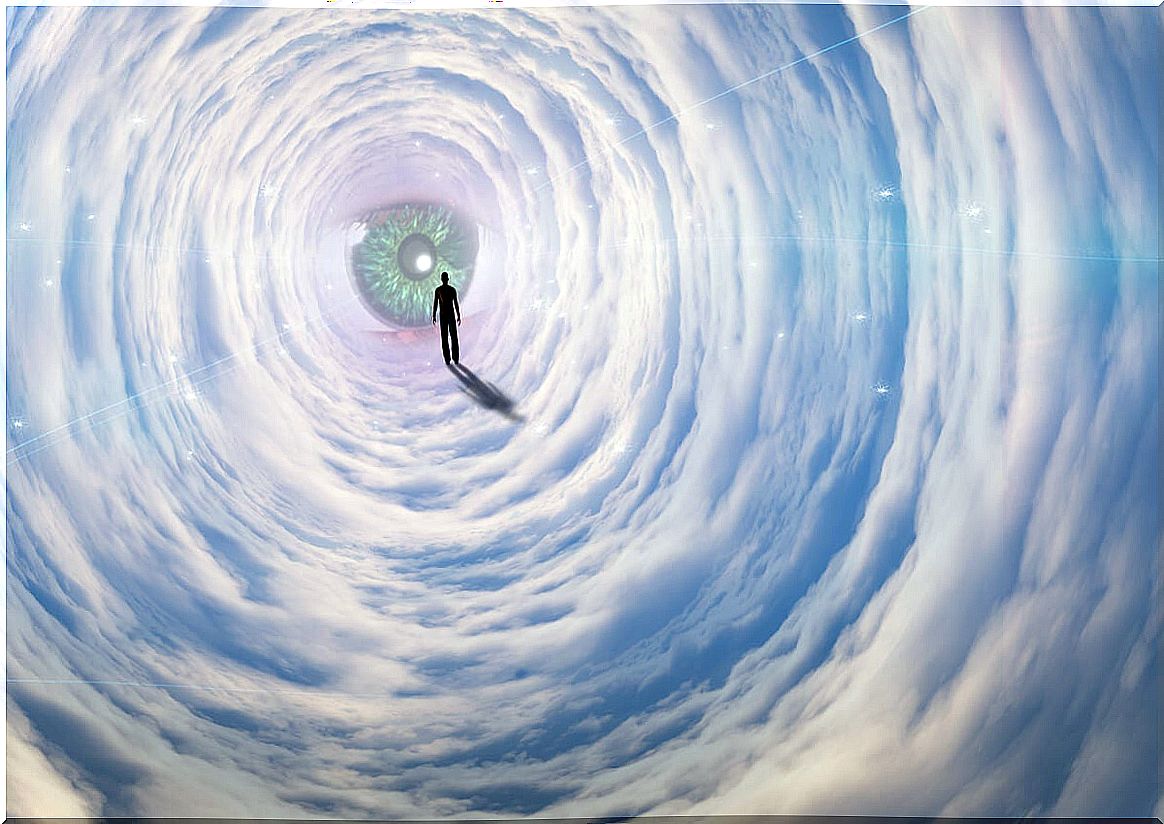
Psychological entropy, what is it and how does it affect us?
The word entropy comes from the Greek ( ἐντροπία ) and basically means an entity or dimension that tends to evolution or transformation. In the field of thermodynamics, it represents that percentage of disorder or chaos that is always present in every system. For example, it is often postulated that the total energy of the universe remains constant, that is, it is neither created nor destroyed, but transformed.
Now, the second principle of thermodynamics tells us that even if that energy does not vary, it will always be affected by entropy, by that chaotic element that can mess up and degrade everything. This idea supposed a change in the world of science, since during a good part of our history we had a very deterministic vision about everything that surrounded us.
At present, we know that chaos exists, that nothing is 100% predictable, that life and every system is also subject to uncertainty, chance and that complexity that is so difficult for us to assume. Therefore, psychological entropy comes to remind us that, in a changing context like the current one, we are obliged to accept and control this chaotic component.
Entropy and anxiety disorders
The University of Toronto (Canada) conducted a study that links psychological entropy with anxiety disorders for the first time. According to this work, there is something very basic that we must understand. People are self-organizing systems, we try to maintain balance at all costs and have every area of our life under control.
- However, we are part of an environment, of a social context subject to constant changes. These external variations generate psychological entropy in us, that is, unpredictability infuses us with chaos, instability and fear. These types of sensations maintained over time, end up taking a mental toll on us.
- Uncertainty has been found to be processed in the brain in the same way as anxiety, that is, it highly stimulates activity in the anterior cingulate cortex and the anterior cingulate cortex releases a greater amount of norepinephrine.
Likewise, Dan Grupe, a researcher at the University of Wisconsin-Madison explains that uncertainty is the fuel for anxiety and the trigger for anxiety disorders today.
Sigmund Freud already told us about psychic entropy
Although it is now when psychological entropy is most often spoken of, it should be noted that Sigmund Freud already spoke to us about this idea. The father of psychoanalysis made use of this term out of necessity, when he became aware of the disorganization that can exist in the psychic universe .
His deterministic vision and the idea that the mental structure was always orderly and predictable collapsed as he became aware of several facts. Neurotic behaviors are a clear example of psychological entropy. Fears, anxiety, obsessions or phobias are an obvious reflection of that chaos that we cannot always control.
The human mind is not a perfect machine. To think that the human being will always maintain absolute control and internal well-being is a utopia. Our environment always influences us to a lesser or greater extent and sometimes leads us to instability.
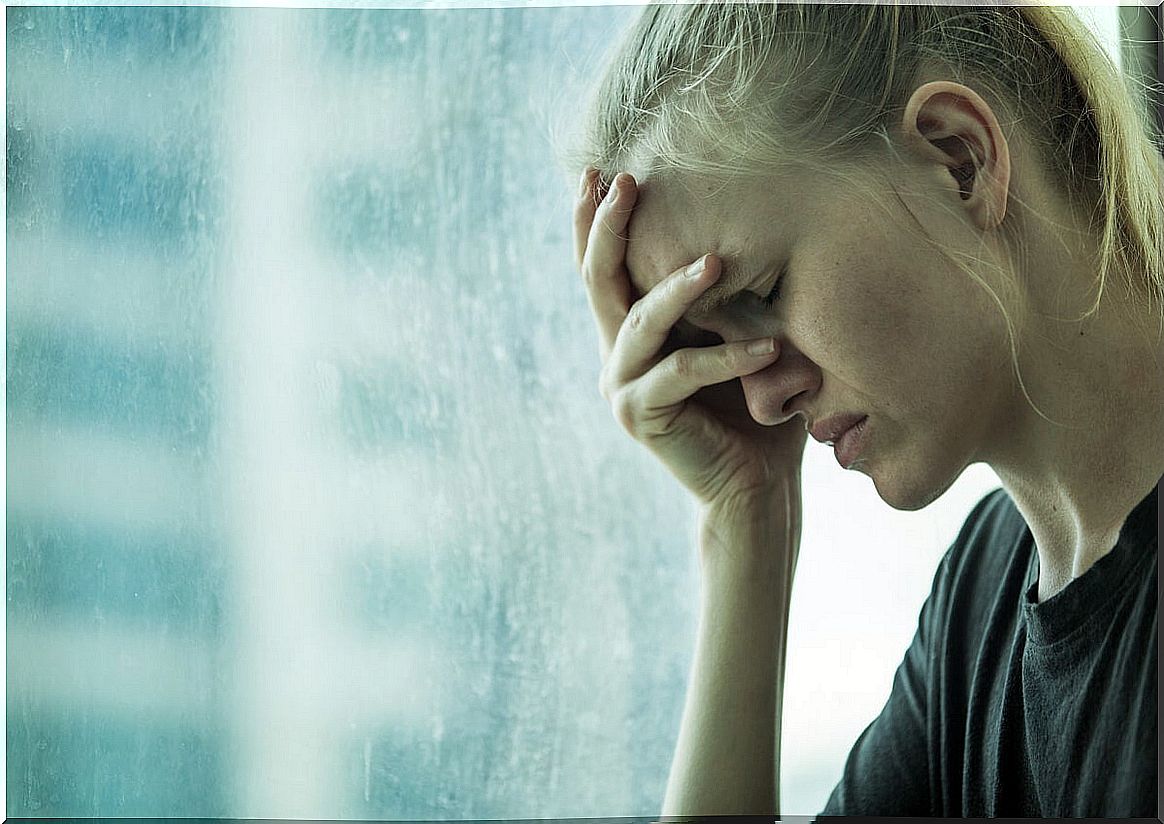
Accept uncertainty, a fundamental biological need
How much uncertainty or percentage of chaos are you willing to tolerate? Something that the laws of thermodynamics tell us is that every system advances and transforms and that transformation often starts from entropy.
The chaos that surrounds us forces us to deploy new strategies in order to adapt to these variations. In case of not doing it, in case of resisting and not tolerating that uncertainty, we will be doomed to constant suffering.
We are balance and we are chaos. We are stability and also change. Assuming this movement and these fluctuations is the law of life and also of well-being. Let us accept what we cannot change and be able to transform ourselves to better adapt to each demand, to each external pressure.






